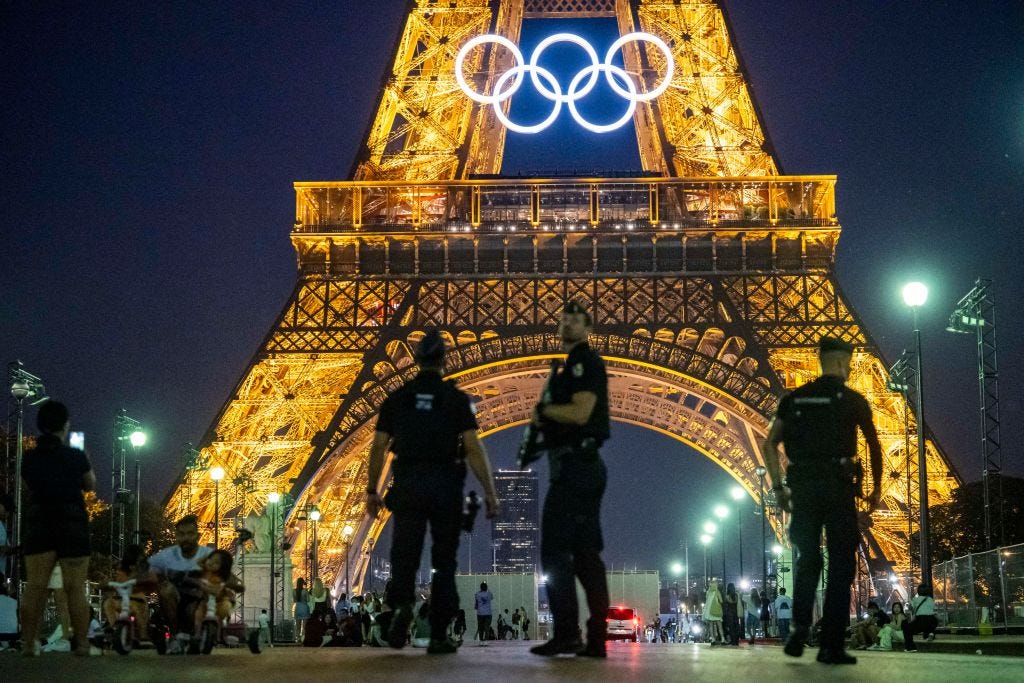The Games of the XXXIII Olympiad are upon us.
They’re an incredible beast, the scale of which it is difficult to comprehend until you’ve been on the ground for the duration.
I had the privilege of covering the Athens, Beijing and London Olympics (and would have been in Tokyo, too, were it not for Covid) and without fail my thoughts traversed this spectrum:
“Yeah, OK, I get why you’d want to host the Games. This city is buzzing. It is dynamic. It is full of optimism. It has some shiny new venues. It has a lot of volunteers in colourful uniforms pointing people in the right directions. This is going to be so great. Look everyone, I’m at the Olympics!”
To…
“It’s over. Already. Why would you want to financially compromise your city’s future for a fortnight’s jamboree featuring sports the vast majority of punters will pay no attention to for another four years? Will that brand new velodrome and swimming arena ever be even half full again? What happens to all those garish polo shirts that the volunteers will surely never wear again? It’s all just so ephemeral. God, I need a drink.”
Some of that cynicism is of the jaded variety. By the end of the Games you are running on fumes. No one is going to be playing any violins for the poor sports reporter but there is no other assignment like it. You stack 18 hour days upon 18 hours days. Unless you’re like my late, sorely missed colleague David Leggat, who could doze off on transport, between courses and, occasionally, between paragraphs, sleep remains an elusive commodity.
In the digital era, the online beast is in constant need of being fed. I would listen with envy at my former boss Paul Lewis’ tales of covering the Los Angeles and Seoul Olympics, which he subsequently captured in this essay, still one of my favourite pieces to appear on The Bounce.
To fully understand what’s being missed, let’s go back to that sunlit square in the athletes’ village in 1984. I was in Los Angeles on my own. My brief – an enlightened one for the time – was simple: one story a day. Don’t hare around all the Olympic venues trying to cover everything when news agencies were doing that; fix on one story a day and do it better than anyone else. In old school parlance, a “writing job” as opposed to reporting.
That one story filled the back page of the Herald (in those days still a broadsheet) daily with a large picture from ace Herald photographers Paul Estcourt and Ross Land, the latter paying his own way. We looked for news, colour, profiles, features – sport-based, mostly, but anything different, giving readers a strong sense of the Olympics, the host city, our team and a Kiwi perspective.
I got the last vestiges of the analogue era in Athens, but that was a complicated Games to cover for a whole host of reasons I won’t bore you with, but by the time Beijing rolled around, it was all on, all the time.
Great fun, life-affirming and probably life-shortening at the same time.
Keep reading with a 7-day free trial
Subscribe to The Bounce to keep reading this post and get 7 days of free access to the full post archives.




